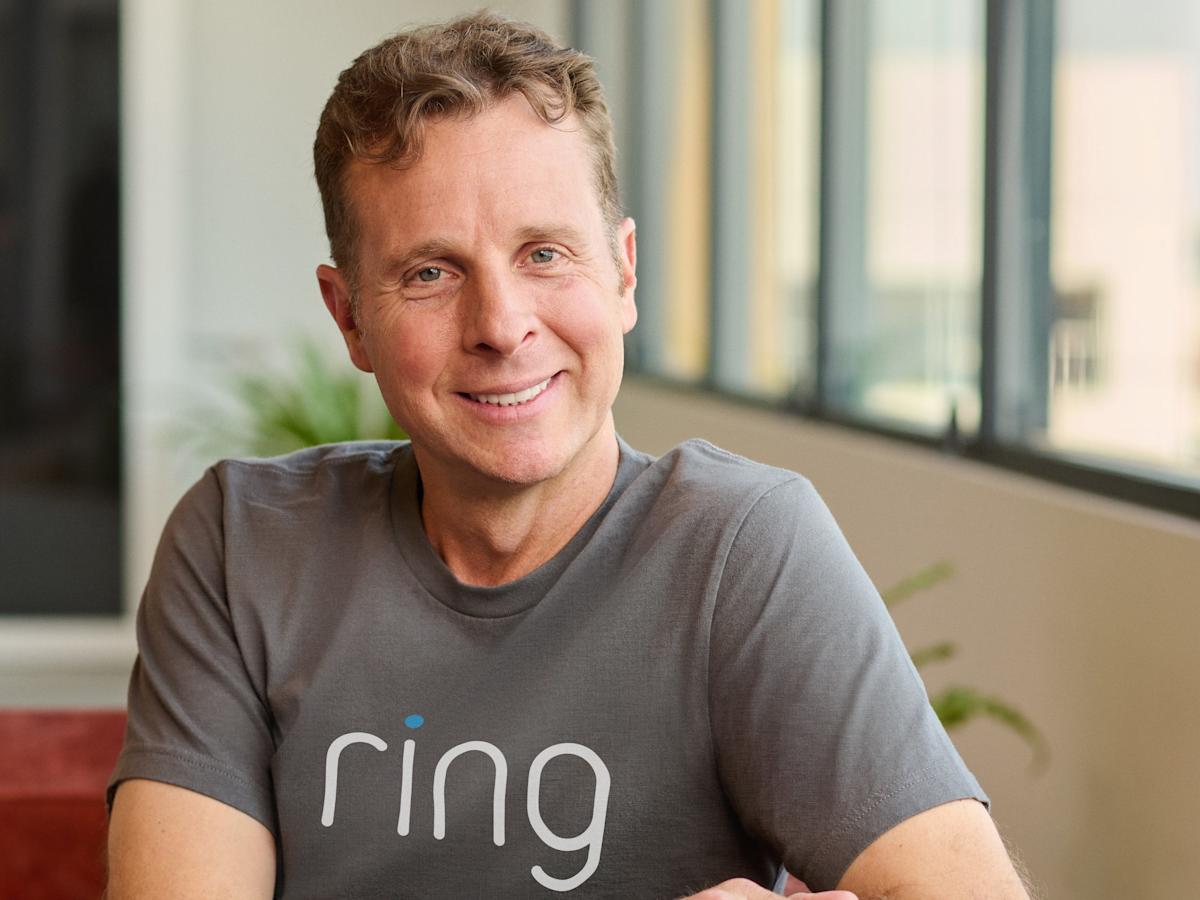You need to grind in the AI era — and don’t let money ‘drive your life,’ Ring’s founder says
-
Ring’s founder says hard work, resilience, and passion are key to succeeding in the AI era.
-
Jamie Siminoff spoke to Business Insider about the dangers of wealth and embracing “work-life fusion.”
-
Siminoff, who pitched Ring on “Shark Tank,” then sold it to Amazon, prefers building to investing.
Keep ringing doorbells if you want to succeed in life, Jamie Siminoff says.
The Ring founder shared his advice for young people worried about AI, and his approach to work and wealth, in an interview with Business Insider ahead of the release of his book: “Ding Dong: How Ring Went From Shark Tank Reject to Everyone’s Front Door” earlier in November.
Siminoff pitched his video-doorbell startup on “Shark Tank” in 2013 but walked away without a deal. He went on to secure basketball legend Shaquille O’Neal as an investor and frontman, and to sell Ring to Amazon for $1 billion in 2018.
For aspiring entrepreneurs, he said the key lesson from his career is the vital importance of “resilience, grit, hard work, and working on something that matters.”
Siminoff said that nobody knows how AI will reshape the world, but young people’s best shot is to pursue a passion and work hard, as he expects there will still be jobs in five years for people who are “great at things.”
After Amazon acquired Ring, Siminoff continued building it within Amazon for five years. He left the company in 2023, but returned to Amazon this April as a vice president overseeing Ring and other smart-home products and services.
As an angel investor, Siminoff has backed startups including Moink, an ethical meat producer, and Clayton Farms, a vertical farming company that has brought fresh, healthy foods such as salads to food deserts.
However, Siminoff said he wants to be involved in businesses and finds the most joy in building impactful products; he has no desire to “just invest and sit around and watch things.”
Siminoff also discussed the challenges that come with great wealth. He’s told his teenage son not to expect any material sum of money from him, partly because he doesn’t want to take away his motivation to succeed in his own right.
“When you don’t have constraints, it’s very hard in a crazy way, it’s hard to be happy,” he said. If he knew, say, $100 million awaited him once he graduated college, he likely wouldn’t have put himself through the pain of building a startup, he added.
“If I had that kind of money when I was building Ring, when I hit some of these really hard places, would I have kept fighting? Probably not,” he said.



Leave a Comment
Your email address will not be published. Required fields are marked *